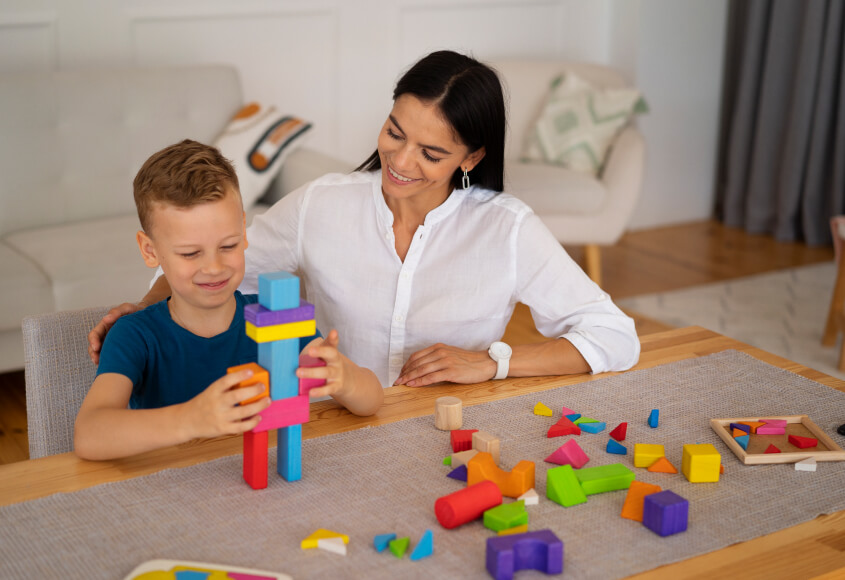In a world that’s rapidly changing and presenting new challenges, the mental health of children has become a compelling discussion. Amidst the hustle of academics, social interactions, and family dynamics, children, just like adults, can experience stress, anxiety, and emotional upheaval. Today, we’re turning the spotlight on a powerful ally for our children’s well-being: therapy.
Understanding the Need for Therapy in Childhood
Children are not miniature adults; they perceive and react to their environment in unique ways. Their coping mechanisms are still in development, making them more susceptible to being overwhelmed by emotions they don’t fully understand. Childhood, therefore, is a crucial time to introduce the support system that therapy can provide.
Early Intervention is Key
Addressing psychological difficulties during childhood can prevent patterns of distress from solidifying into more formidable mental health challenges later in life. Early intervention through therapy can result in more effective outcomes, setting children on a path to resilience and robust mental health.
Therapy as a Developmental Stepping Stone
Therapists specialized in working with children use play, communication, and
age-appropriate strategies to identify issues and provide support. Therapy can foster
crucial skills such as:
- Emotional regulation: Learning to identify, understand, and manage one’s
emotions. - Social skills: Navigating interactions with peers, family, and others.
- Self-esteem: Building a positive self-image and confidence.
- Coping with change: Developing adaptability in the face of life transitions or
stress.
The Wide-Reaching Benefits of Therapy for Children
Therapy isn’t just for children who are displaying signs of mental health concerns. It’s abeneficial tool for all. Here’s why:
A Space to Be Heard
Therapy offers a child a non-judgmental, safe space to voice thoughts and feelings they might not express elsewhere. This validation is empowering for children and can be transformative in their growth.
Strengthening Family Bonds
Therapists often work with the child’s family to improve communication and resolve conflicts. This holistic approach bolsters family relationships and creates a supportive
home environment.
Support for Trauma
Traumatic events can derail a child’s sense of security. Therapy can help in processing these experiences, reducing the risk of long-term psychological impact.
Enhancing Academic Performance
When children are emotionally balanced, they are better able to concentrate and perform academically. Therapy can address learning disorders and emotional difficulties that affect schoolwork.
Final Thoughts
Investing in our children’s mental health through therapy is not just about addressingb problems. It’s about equipping the future generation with the resilience and skills necessary to thrive in an ever-complex world. By normalizing and advocating for therapy, we can ensure that our children are not just surviving but thriving, with robust mental health to carry them forward.

